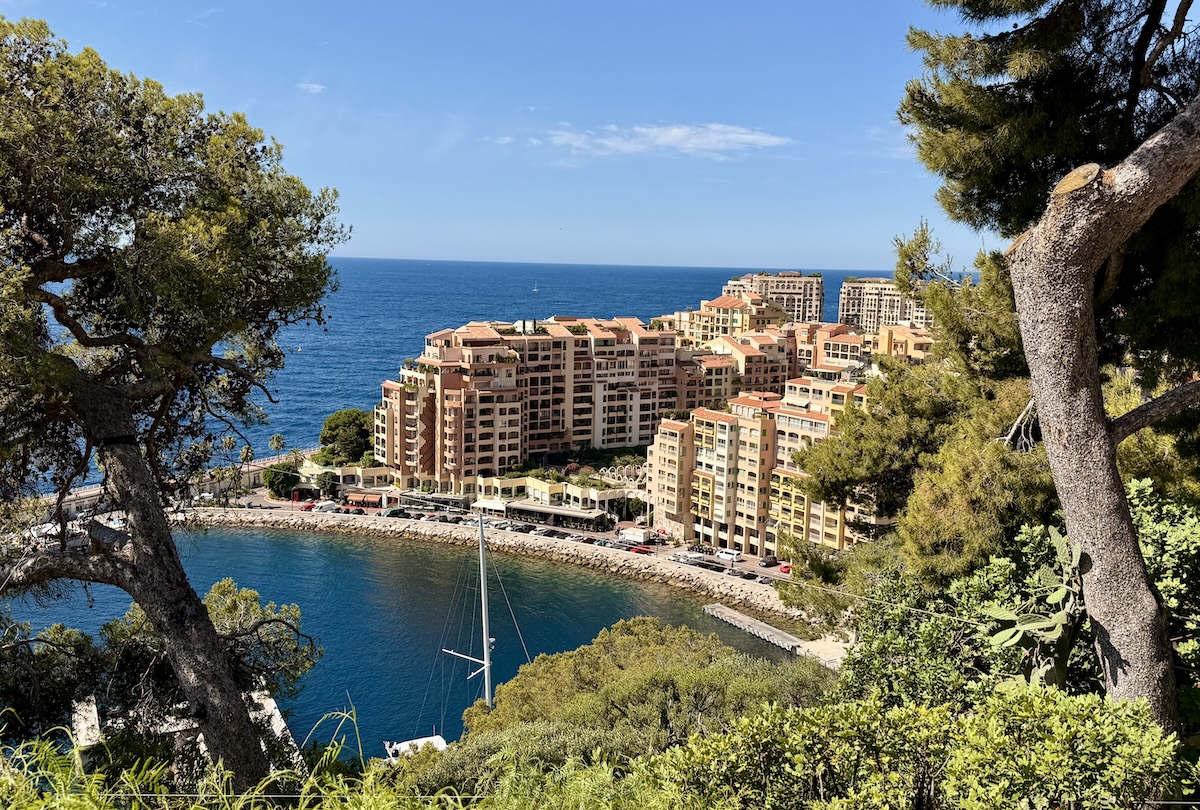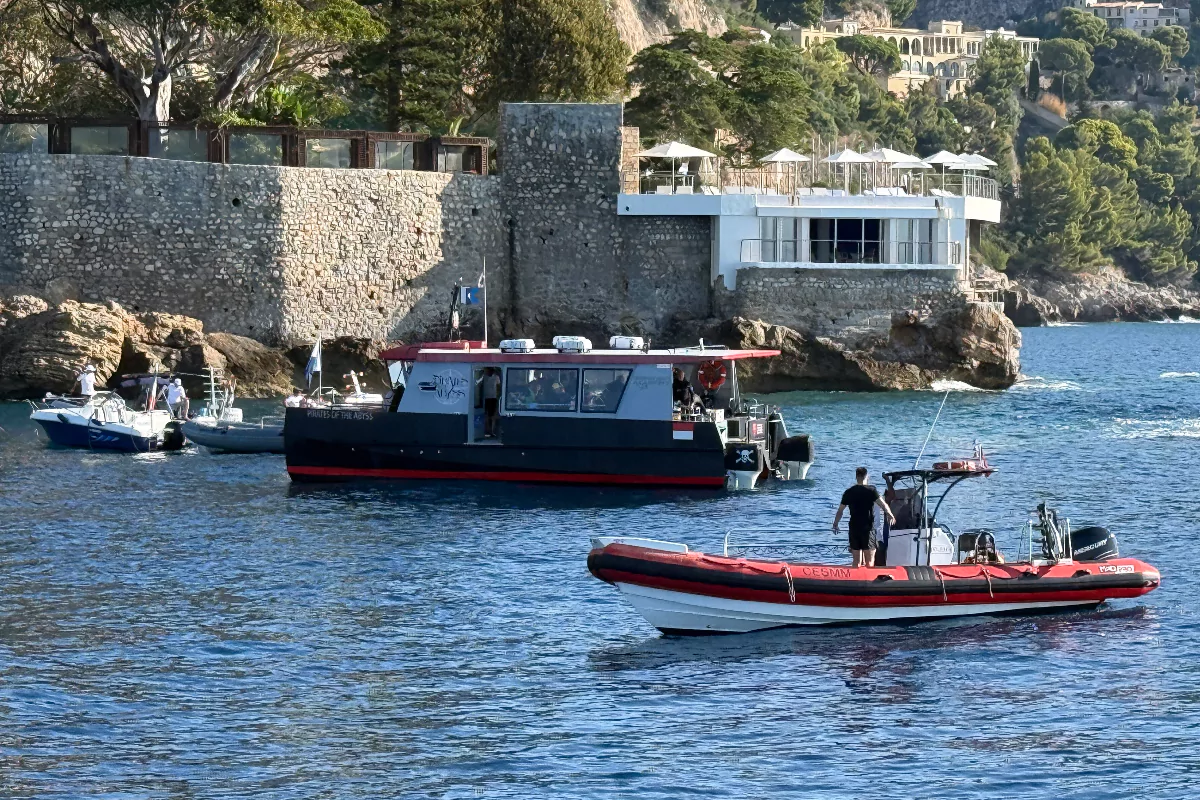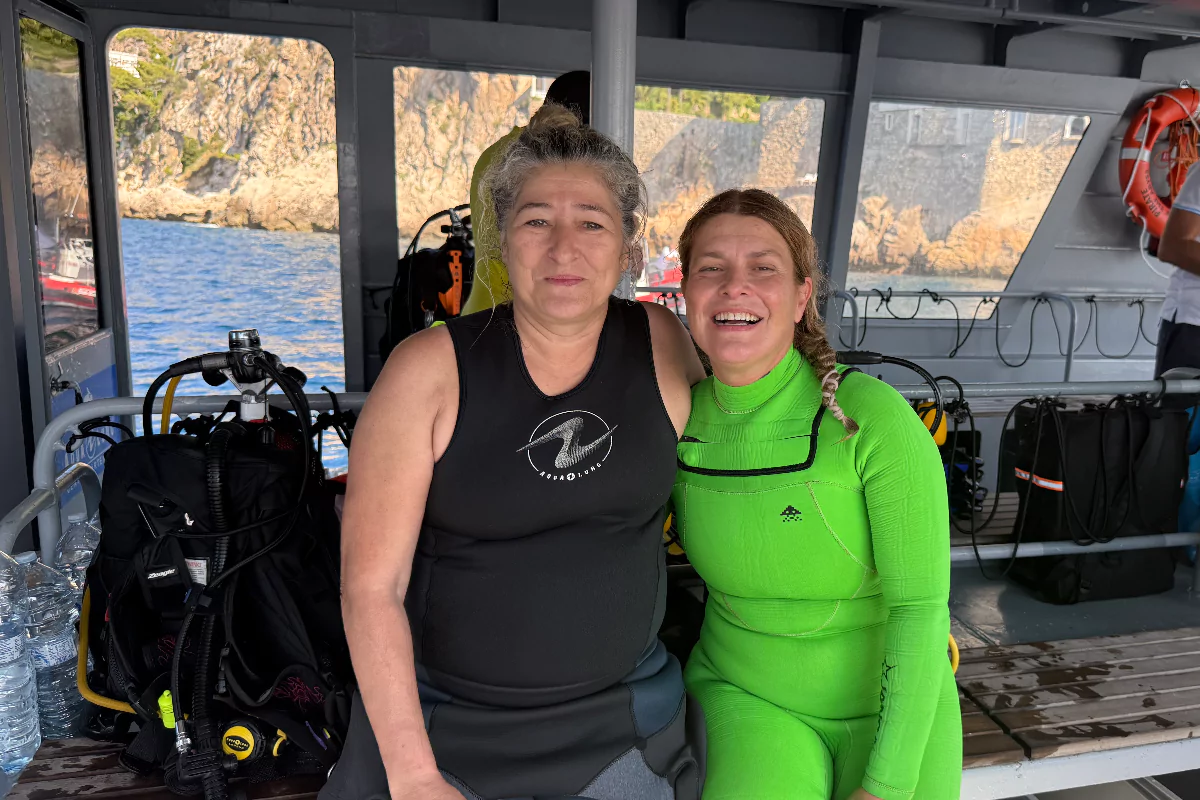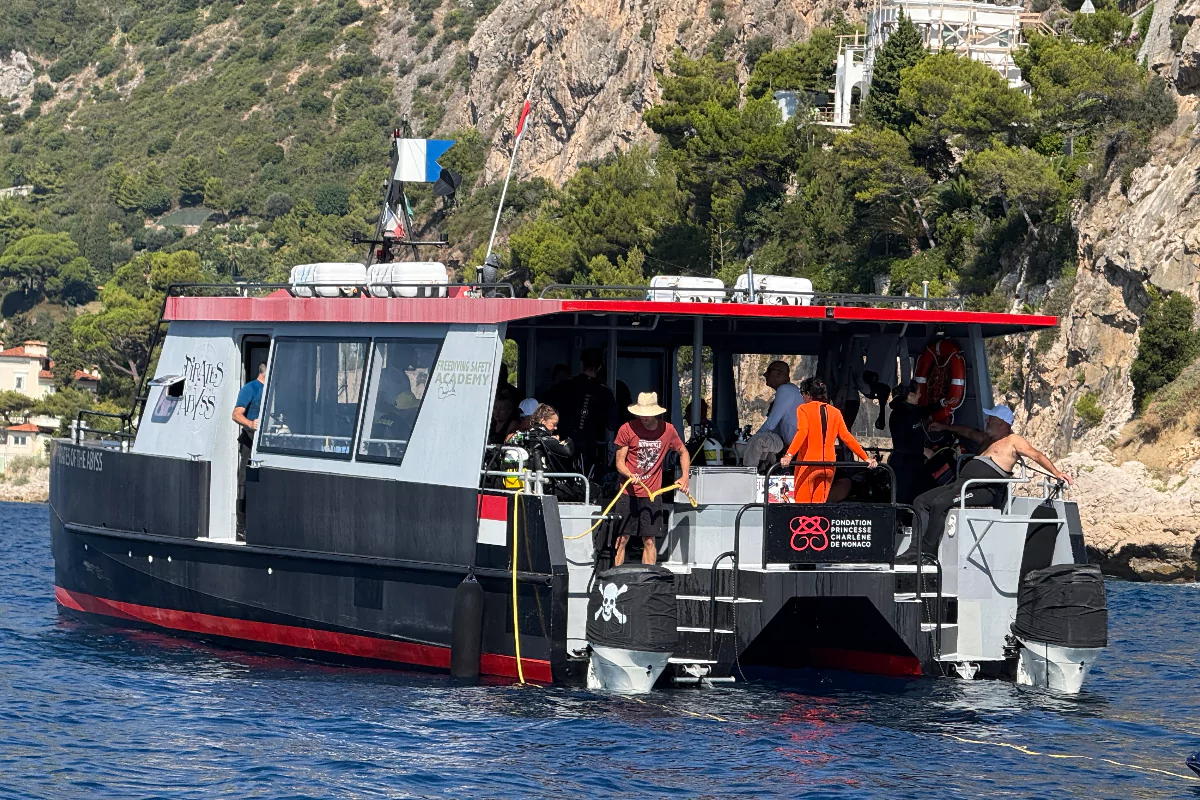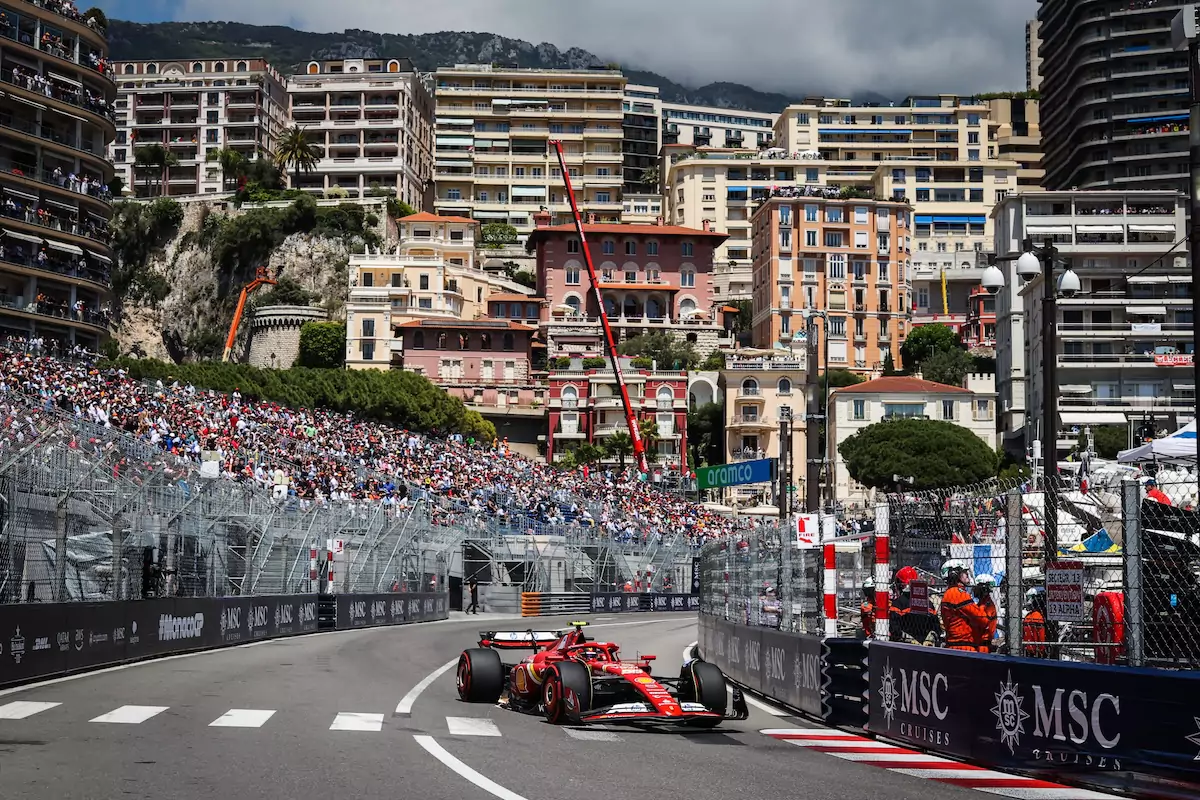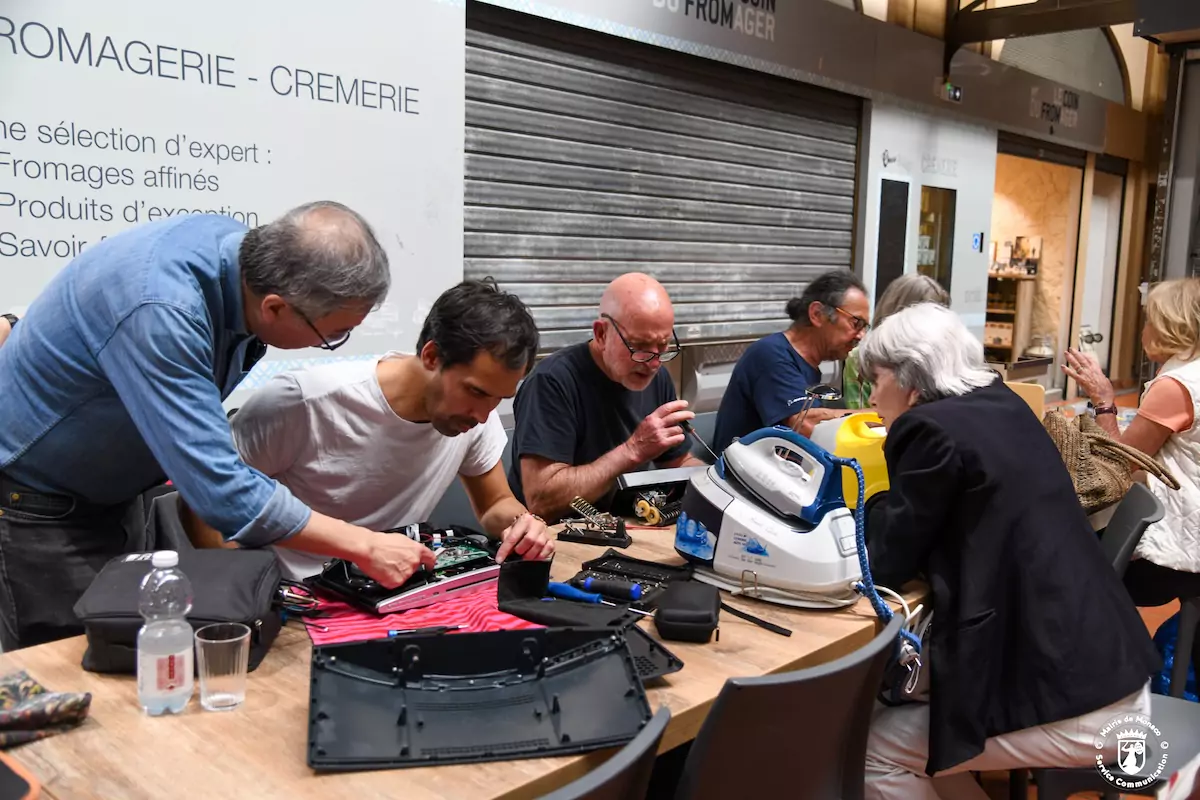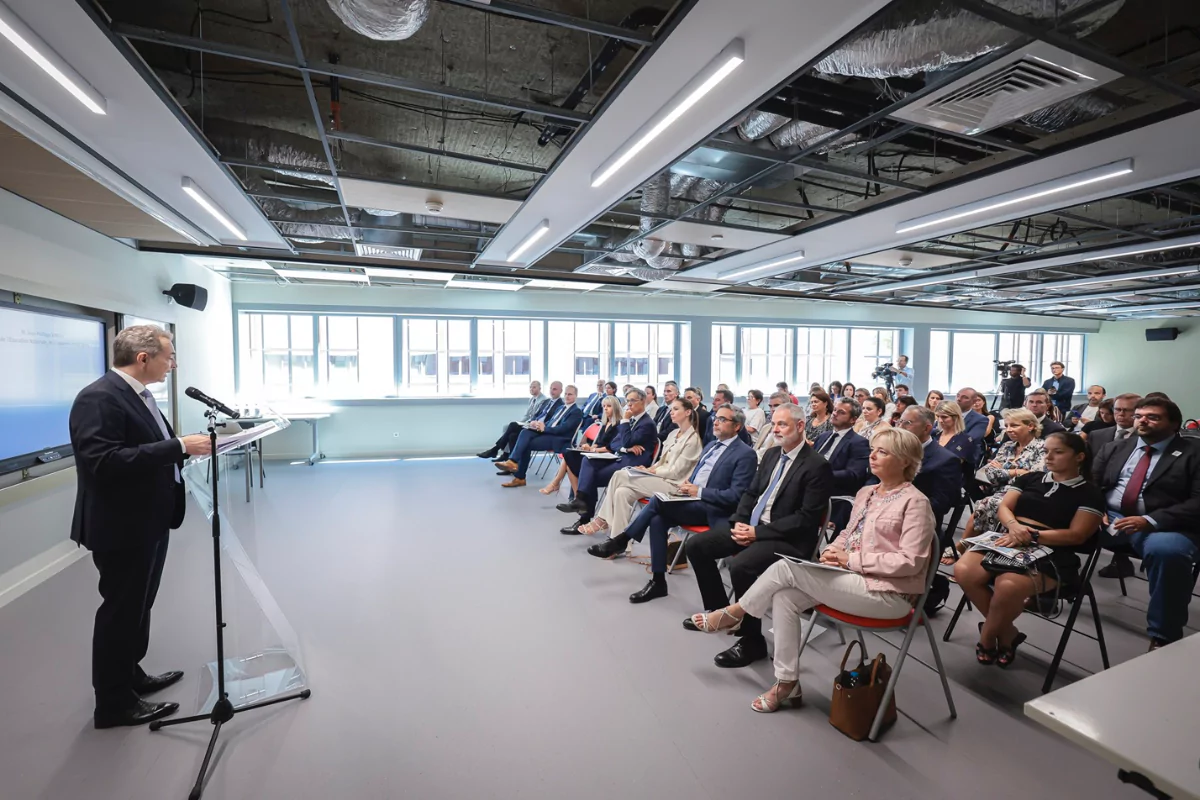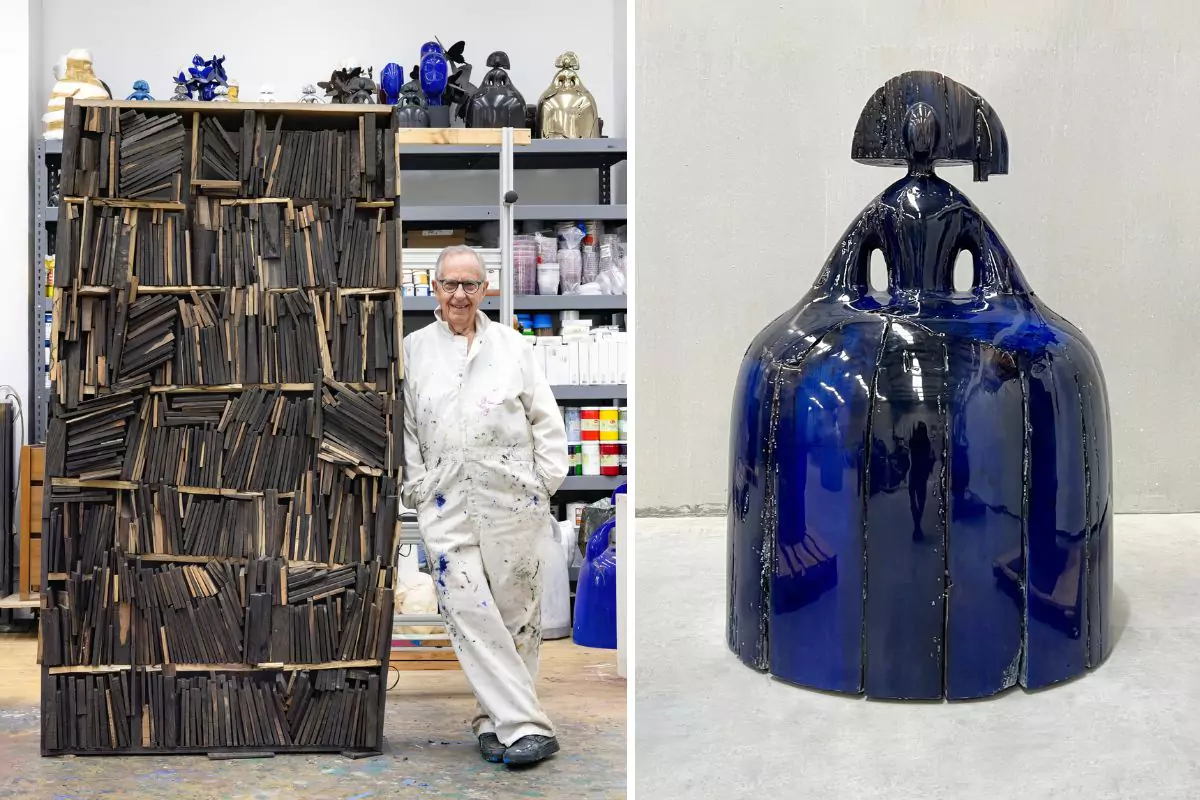Monaco is implementing significant education reforms guided by a principle explained by Education Director Jean-Philippe Vinci: “You learn well when you feel well at school”, at a press conference on Wednesday.
These reforms respond to concerning trends identified through research and consultation processes, including ESPAD Monaco’s survey and extensive dialogue with young people themselves about extensive pressures they face.
Eight sessions with the Youth Consultative Commission show teenagers identify anxiety, academic pressure, and digital addiction as their primary concerns.
“We thought they would talk about the ice rink,” Vinci explained during the back-to-school conference on September 3rd. “Instead, they spoke to us about academic pressure, mental health, and mobile phones.”
This consultation process, combined with evidence from school psychologists and the ESPAD Monaco survey, informed the government’s comprehensive response to what Vinci describes as a “general anxiety” affecting students across all age groups.
The most visible intervention is the ‘NoPhone’ system, magnetic pouches that keep phones physically present but completely inaccessible during school hours. “It’s not about fighting against screens in general,” Vinci explained. “We’re targeting addiction, the inability to resist taking out one’s phone.”
However, beyond digital restrictions, Monaco is restructuring education itself. College students now have reduced weekly hours to improve work-life balance while maintaining educational standards.
Practical Interdisciplinary Teaching programmes have been eliminated except for those preparing students for national diploma oral exams. Language classes have also been reorganised, students in the English Plus programme now receive one hour of conversation time instead of 1.5 hours for Years 8 and 9, but in smaller, more effective groups.
For ambitious students, voluntary advanced mathematics programmers prepare students for Concours Général and Olympiads. “We’re comfortable with English and humanities but in mathematics, we can go even further,” Vinci noted.
Meanwhile, a new vocational preparation track, 3ème prépa-métiers, opened at College Charles III. Students spend five hours weekly exploring careers through partnerships with Lycée Rainier III teachers and complete workplace immersions.
Building identity and belonging
Monaco is also strengthening cultural identity through systematic programmes. Universal music education launched in nursery schools through partnerships with Academy Rainier III, exposing young children to instruments, rhythm, and voice work.
Meanwhile, the Principality completed its three-volume ‘Monaco, mon histoire’ curriculum this year, with the final textbook for Year 6 students covering contemporary history, civic education, and geography.
Lastly, a ‘standard dress code’ will also be introduced for college students in early 2026. Standardised upper garments will be implemented while allowing freedom for lower clothing choices. The aim is to create a collective identity and belonging.
Mental health takes centre stage
Mental health support is being systematically embedded throughout the education system. All students now receive formal introduction to school psychologists at the start of each academic year, an effort to normalise health conversations.
Comprehensive programmes will also be set it place to address various forms of addiction, from screen dependency to substance abuse. Additionally, educational continuity will be provided for hospitalised children in paediatric and psychiatric services, ensuring no student falls behind due to health challenges.
Staff across all nursery schools are now receiving practical training in supporting students with neurodevelopment disorders and behavioural challenges.
Lastly, elite athlete Joris Bretagnolles, a top- 10 world BMX Freestyle Flatland competitor, will visit schools to discuss social media impact and addiction risks with students, bringing real-world perspective to the conversations.
Practical changes
School meal services have also been redesigned around educational concepts with new providers offering themed dining experiences like ‘Chez Toki’, ‘La Cantine de Toki’, ‘Stop au Gaspi’, and ‘Le Good Spot’ without increasing family costs.
Elite athlete students are also set to receive enhanced support through two programmes: intensive sport classes for those training 8+ hours weekly, and Sport Elite for lycée students training 20+ hours weekly, accommodating 258 students across 35 disciplines.
Lastly, digital education will include AI literacy training for teachers and students, covering both general awareness and technical skills like effective prompting, preparing students for a digital future while teaching healthy boundaries.
This systematic approach addresses what Vinci describes as widespread anxiety among young people, driven by factors including uncertainty for the future, intensive screen use, social media exposure, and substance addition risks.
“The time for learning is not scrolling time,” Vinci stated. “School time means being face-to-face with the teacher with dedicated attention to what’s being taught”.
Stay updated with Monaco Life: sign up for our free newsletter, catch our podcast on Spotify, and follow us across Facebook, Instagram, LinkedIn, and Tik Tok.
Main photo credit: Directorate of Communication-Stéphane Danna
